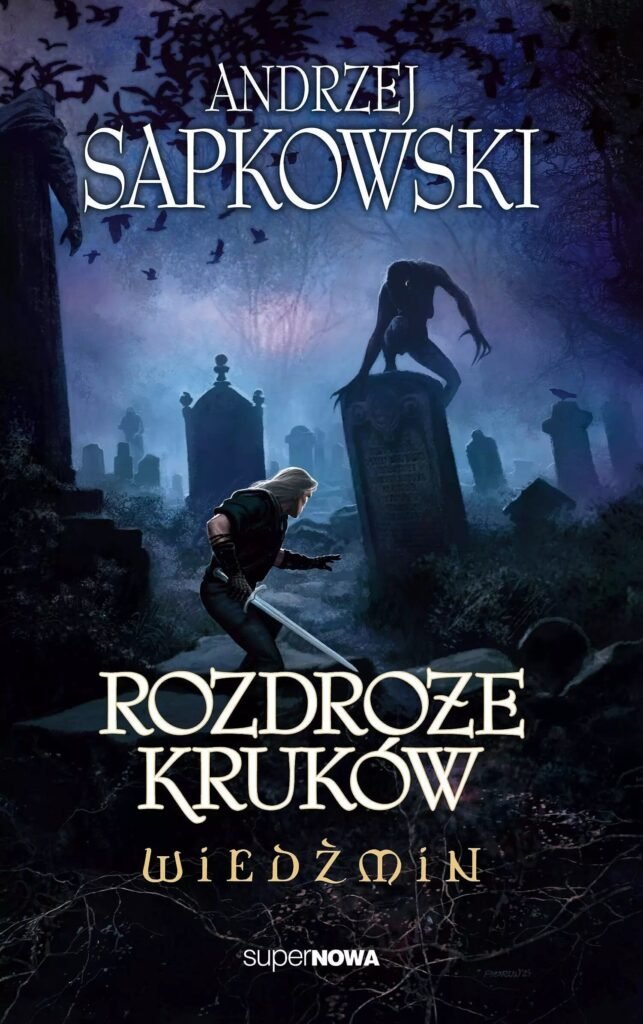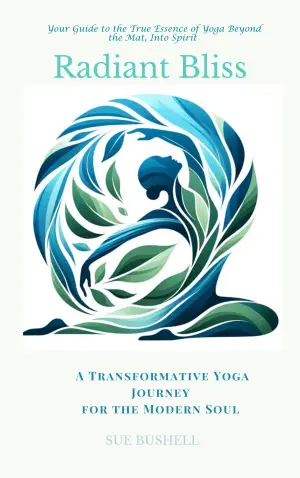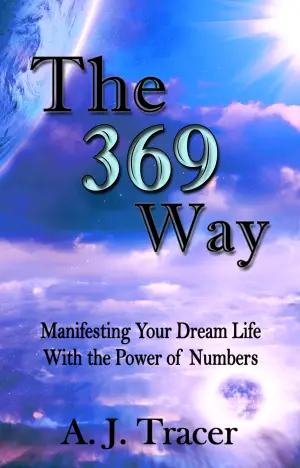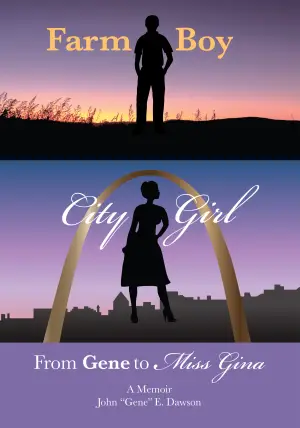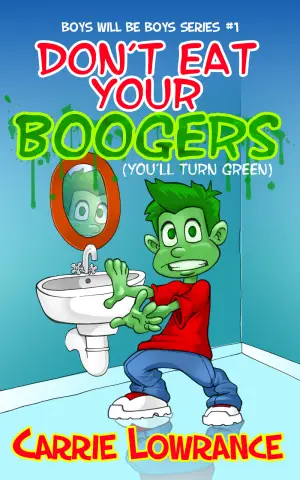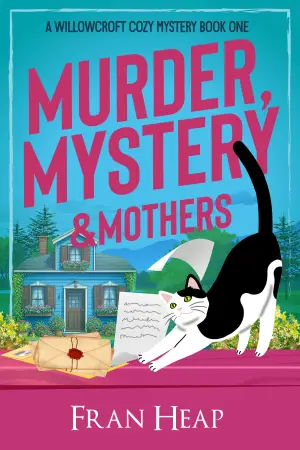Rozdroże kruków: A Journey Through the Witcher’s World
As a long-time admirer of Andrzej Sapkowski’s work, I recently delved into "Rozdroże kruków" (Saga o Wiedźminie, #0.1), and I must say, it caught my attention not just because of my fondness for the Witcher universe, but due to the tantalizing complexity of its themes and characters. After finishing "Ostatnie życzenie," which I cherished for its raw charm and ambition, I was curious to see how Sapkowski’s latest offering would compare. Spoiler alert: it’s a remarkable evolution.
From the very first pages, "Rozdroże kruków" establishes itself as a more cohesive and mature narrative than its predecessor. The author’s deliberate approach is evident in the framing of the story, which opens and closes with an overarching theme that imbues the work with a sense of purpose. I couldn’t help but appreciate the contrast with "Ostatnie życzenie," which, while beloved, felt like a patchwork of ideas strung together. The metaphorical patchwork was often in need of some creative stitching, and it showed its wear.
This latest installment introduces us to Holt, a character who serves as a compelling counterpoint to Geralt. Holt’s perspectives challenge the often superficial readings of our beloved witcher. Sapkowski navigates through a grim world that feels unmistakably relevant—a universe teeming with misogyny, violence, and a pervasive sense of nihilism. Yet, amid this bleakness, I sensed a flicker of hope: the realization that not all good deeds go unpunished, adding a layer of intricacy to the moral fabric of the story. It’s this nuanced exploration of humanity that resonated deeply with me and elevated my reading experience.
The writing style in "Rozdroże kruków" is a masterclass in itself. Sapkowski’s use of non-linear, epistolary, and embedded narratives creates a rich tapestry of storytelling, inviting readers to immerse themselves fully. I relished the snippets of Latin and the clever wordplay woven throughout the text. It encouraged me to engage not just with the story, but also with the language itself, a delightful workout for the mind. If there’s one takeaway from this book, it’s that Sapkowski still has this playful, almost cheeky relationship with language. As writers, we can learn a lot from his audacity to craft a world that feels both familiar and wildly inventive.
One of my favorite moments was when Holt, reflecting on his own journey, delivers a poignant line that encapsulates the struggle for integrity amidst chaos. It reminded me of why I cherish this genre—it’s not just escapism, but a reflection on our own moral dilemmas.
“Rozdroże kruków” will likely captivate those who appreciate a deeper examination of morality set against the backdrop of fantasy. Fans of the Witcher series and newcomers alike will find something enriching in its pages: the blend of visceral conflict and philosophical musings makes it both a thrilling and introspective read.
In conclusion, my experience with "Rozdroże kruków" was not only enjoyable but enlightening. It’s a testament to Sapkowski’s growth as a writer and his ability to evolve while staying true to the world he’s created. For anyone ready to explore a darker, more reflective corner of the Witcher saga, this book shouldn’t be missed. So, as you turn the pages, consider yourself not just a reader but a participant in this intricate dance of language, morality, and existential inquiry. Happy reading!
Discover more about Rozdroże kruków (Saga o Wiedźminie, #0.1) on GoodReads >>

